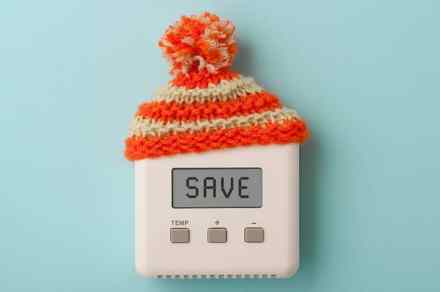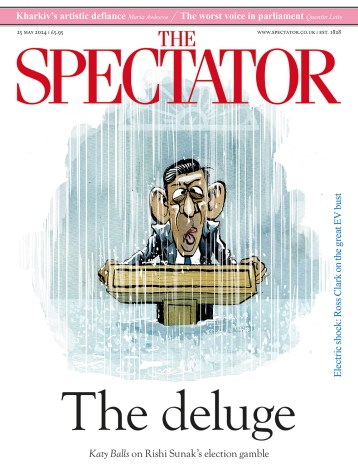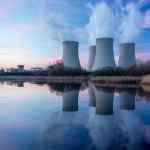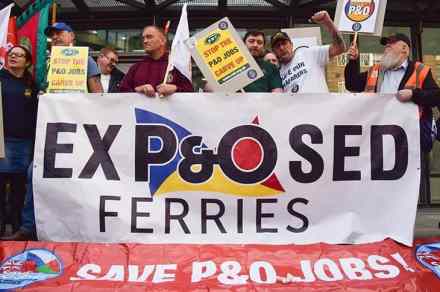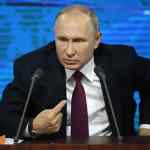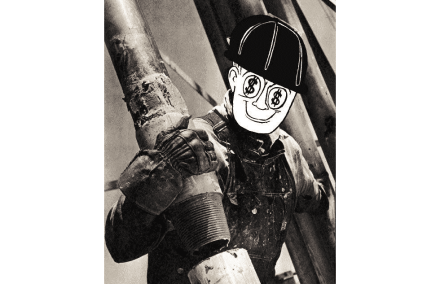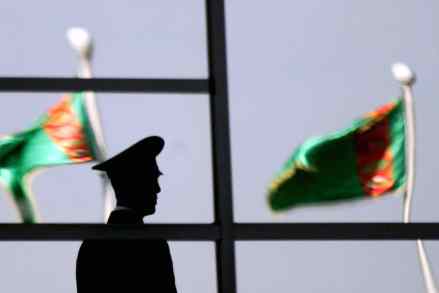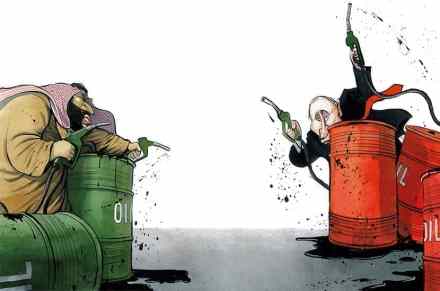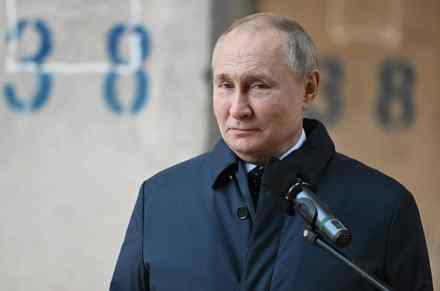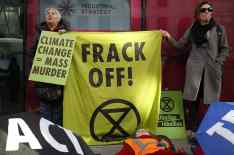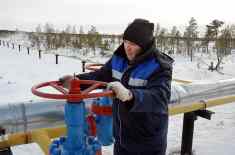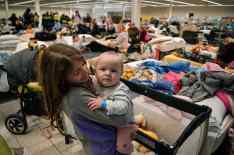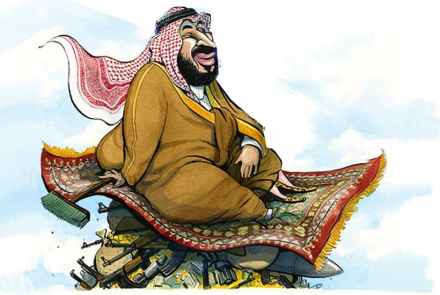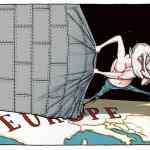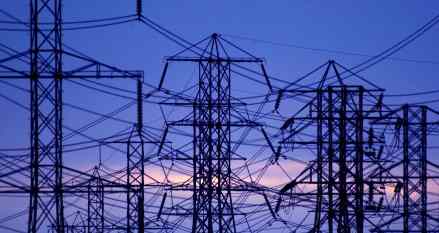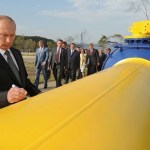How to avoid heating your house
Spring commonly augers a quickening warmth, but for Britons this year the season coincides with a chilling marker: a 54 per cent rise in the energy price cap, bringing the average annual bill to nearly £2,000. By the next increase this autumn, that average will soar to £3,000. Thus what was, until recently, my annoying eccentricity could soon become standard practice: refusal to switch on the heating. Our gas-fired combi boiler functions pretty much as a water heater only. Above our thermometer downstairs I’ve taped a snipped-out Evening Standard headline, ‘Couple die in freezing home’. The joke wore off long ago. My husband is a moderate, civilised person. This perverse
